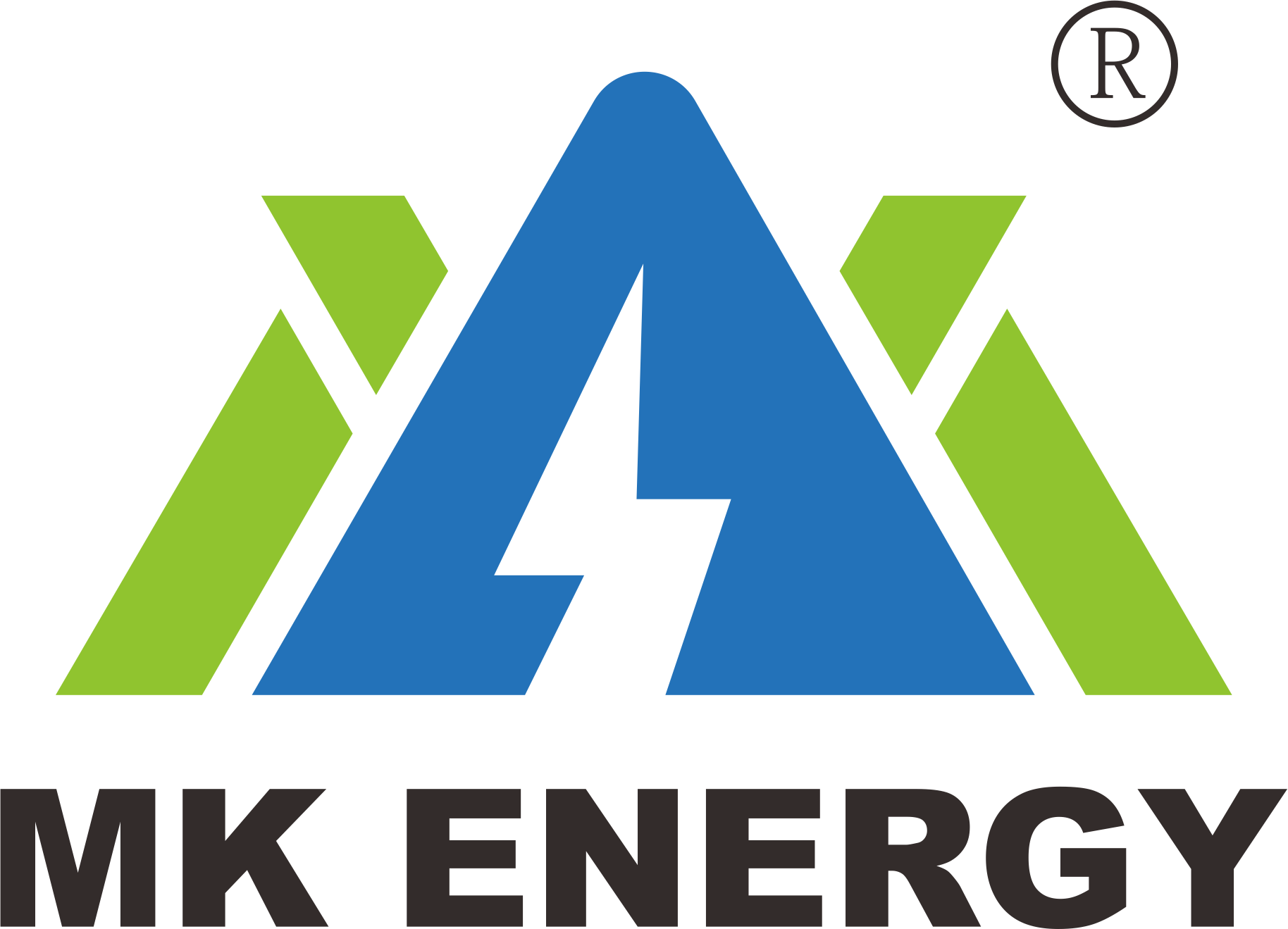Lead-acid batteries have been a cornerstone in energy storage for over a century. Understanding their advantages and disadvantages can help users make informed decisions.
Advantages
Cost-Effectiveness: Lead-acid batteries are generally cheaper to manufacture and purchase compared to other battery types, making them accessible for many applications.
Established Technology: With a long history, lead-acid batteries are well-understood, and extensive research has led to reliable performance.
High Discharge Rates: They can deliver high surge currents, making them ideal for applications like automotive starting.
Recyclability: Lead-acid batteries are highly recyclable, with around 97% of their components being recoverable, promoting environmental sustainability.
Robustness: These batteries can withstand harsh conditions and are less sensitive to temperature variations than some other battery types.
Disadvantages
Weight: Lead-acid batteries are heavier than newer alternatives, which can be a limitation in applications requiring portability.
Limited Cycle Life: They typically have a shorter lifespan compared to lithium-ion batteries, particularly if not maintained properly.
Self-Discharge Rate: Lead-acid batteries have a relatively high self-discharge rate, which can lead to reduced performance if not regularly charged.
Maintenance Requirements: Some lead-acid batteries require regular maintenance, including checking electrolyte levels and cleaning terminals, adding to operational costs.
Environmental Concerns: Despite being recyclable, improper disposal can lead to environmental pollution due to lead and acid leakage.
Conclusion
Lead-acid batteries offer a blend of benefits and drawbacks. Their cost-effectiveness and reliability make them suitable for various applications, while their weight and maintenance needs pose challenges. A balanced view of these factors is crucial for selecting the right battery for specific needs. Understanding both sides can help users harness the advantages while mitigating the disadvantages effectively.


